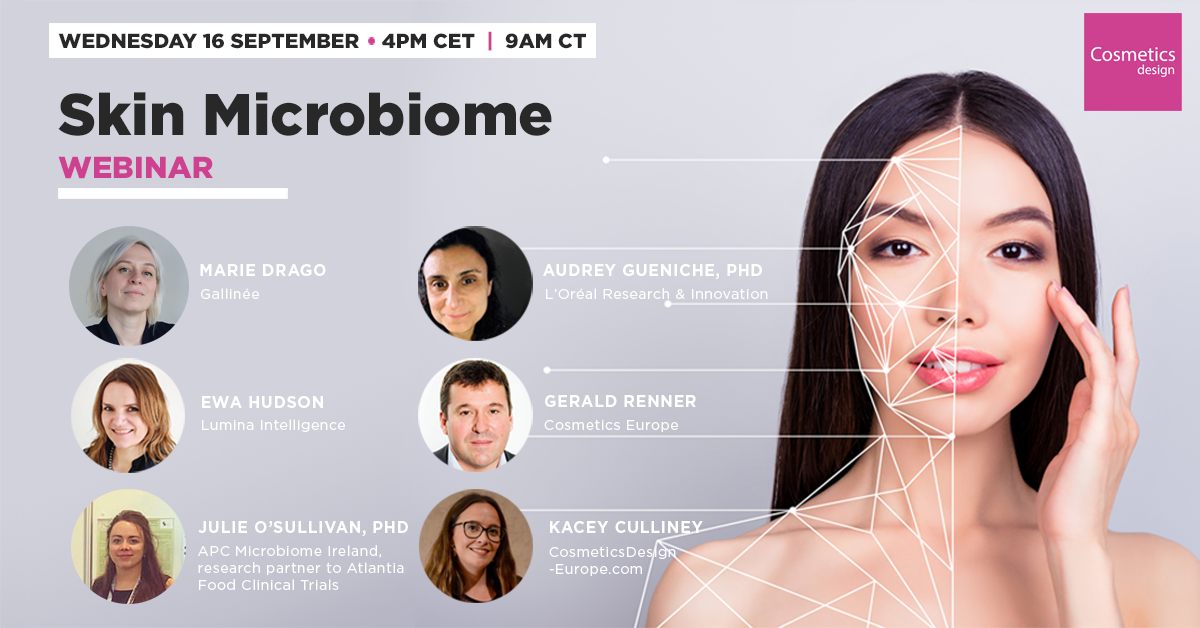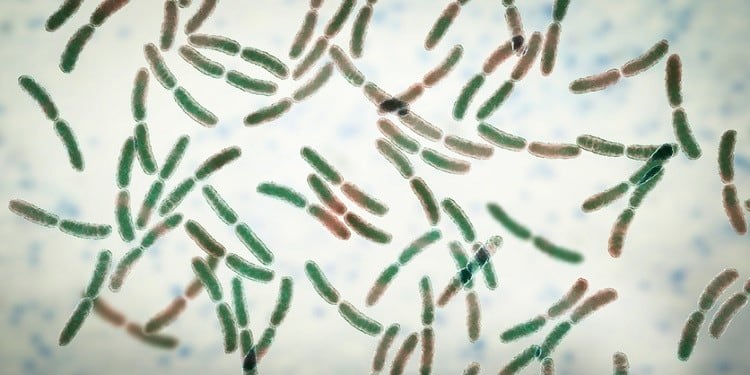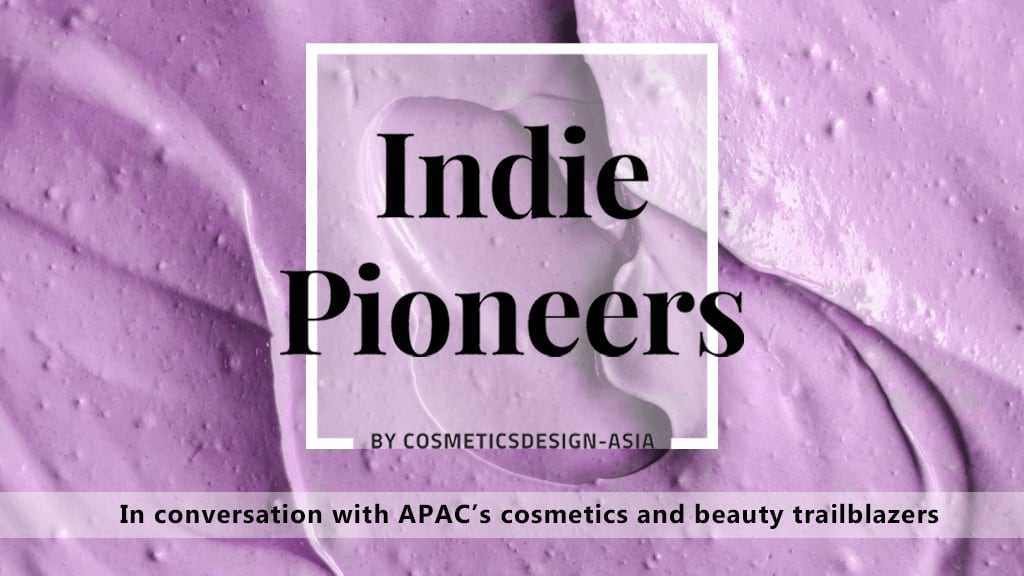The maker of SHISIEDO, Anessa and Clé de Peau Beauté said it has been working to develop technology that can balance the microbiome, which it considers key to healthy skin.
Driven by new technological innovations, the company claimed that it has established a method to obtain stable results on the skin microbiome and conduct new research on the topic.
Its latest research focused on the relation on skin microbiome diversity and skin sensitivity, an increasingly important concern among beauty consumers.
Shiseido researchers extracted and analysed the indigenous skin flora of 41 Japanese female subjects in their 20s and 30s.
The diversity of the skin flora was evaluated using the Shannon Diversity Index, which evaluates the degree of deviation from both the variety of bacteria and the abundance ratio, and the diversity of bacterial flora on each skin.
From previous research, Shiseido has determined that Staphylococcus epidermidis was a bacterium that is present in healthy skin. As such, the researchers focused on Staphylococcus epidermidis for this study.
The results of the analysis uncovered that the relative abundance of bacteria on the skin was correlated to the level of water content in the skin.
Additionally, the researchers also tested the foreheads of 36 Japanese female subjects in their 20s and early 40s.
Similarly, this test found that the abundance of the skin flora was also correlated to the level of redness on the skin.
These experiments concluded that that skin with less bacterial flora diversity had lower skin water content and more skin redness.
Additionally, the tests also found that sensitive skin had a lower proportion of the Staphylococcus epidermidis.
These results led researchers to conclude that that sensitive skin had significantly lower diversity of skin flora than non-sensitive skin.

Join us and our esteemed panel of industry experts for our Skin Microbiome webinar where we will discuss scientific advances, regulatory hurdles, and product innovations worldwide. We will also take stock of how the trend has evolved in recent months, the impact this will have on the skin care category in 2020, and what industry can expect in the coming years. Click here to register now.
Microbiome improving prebiotic
With these results, the company set out to search for a prebiotic ingredient that can proliferate useful bacteria on the skin, and it found an effective composition containing Saccharomyces extract.
This prebiotic component was tested on 27 Japanese female subjects with low diversity of indigenous skin flora.
Bacterial flora from the forehead and cheek was analysed and they found that skin water content and skin texture was improved.
In addition, the test confirmed that the prebiotic ingredient could proliferate Staphylococcus epidermidis with continuous use.
The researchers clarified that the prebiotic ingredient would not promote the growth of Staphylococcus aureus, which is one of the aggravating factors for atopic dermatitis.
Shiseido said it would apply the knowledge obtain from this research to develop future skin care product development.
“In the future, we will aim to realise new skin care solutions by reconsidering the skin as an ecosystem that includes microorganisms that are resident with skin cells. The findings obtained from this research will be applied to future skin care products.”





